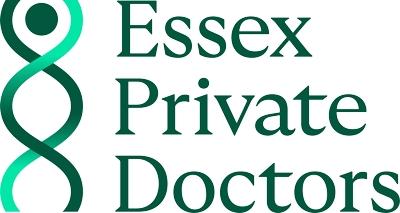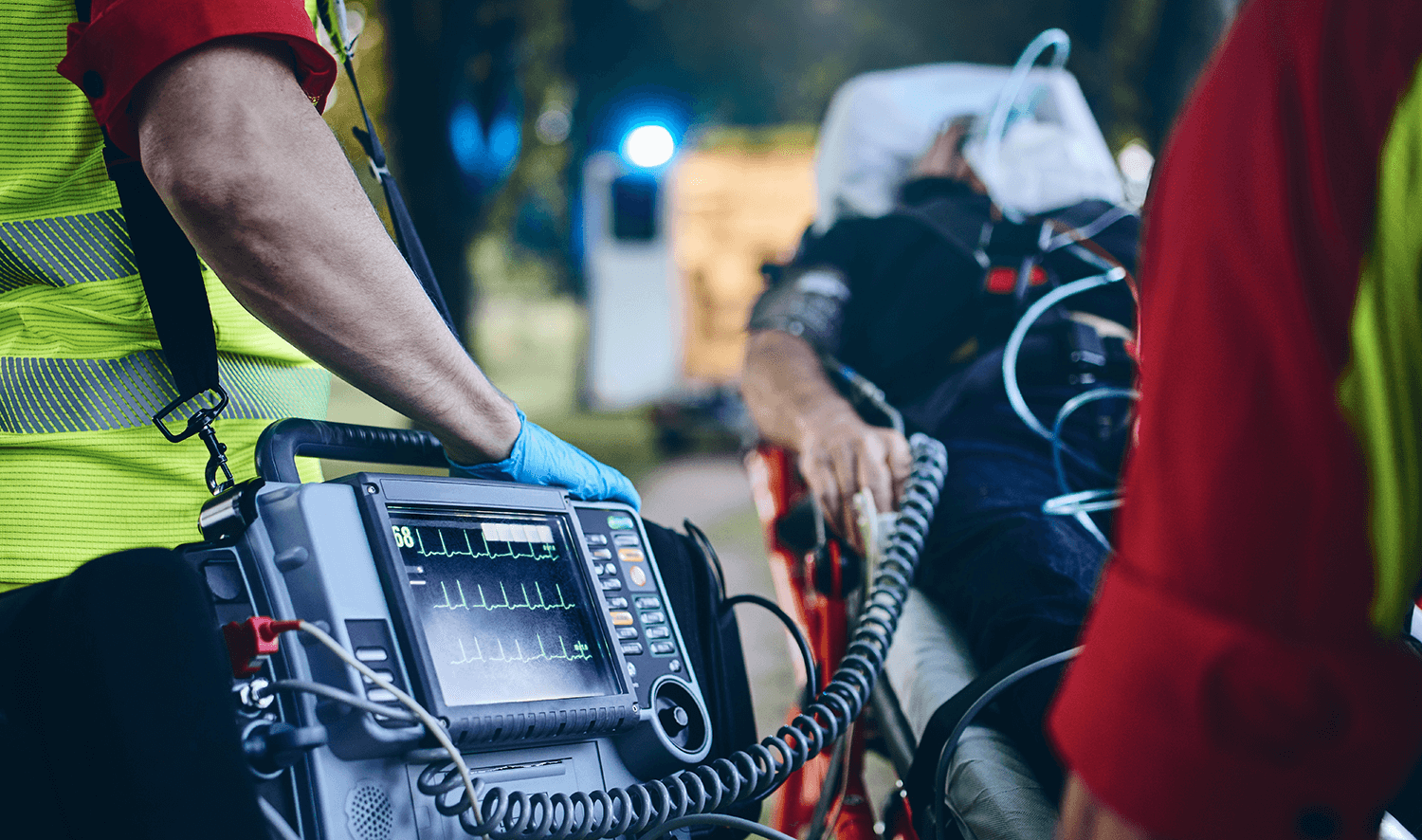Are you ignoring the warning signs of heart disease? Let’s talk about something we all tend to put off—especially when life gets busy: our heart health.
Here’s the blunt truth. Most people with heart disease don’t know they have it until something serious happens. And often, that ‘something’ is a heart attack, a stroke, or a serious rhythm problem like atrial fibrillation. By the time symptoms show up, the damage is already done.
If you’re in your 40s, 50s, or even early 60s, and you haven’t had a proper health check in a while, you need to read this. Are you ignoring the warning signs of heart disease?
Heart Disease Doesn’t Always Give You a Heads-Up
Around 45% of people who have a heart attack say they had no warning symptoms they recognised. That doesn’t mean their heart attack was completely “silent”—it just means the signs were subtle, vague, or easy to dismiss.
Things like:
- Feeling unusually tired
- Getting out of breath quicker than usual
- Mild chest discomfort that comes and goes
- Poor sleep, palpitations, or dizziness
All of these can be clues. But most people put them down to stress, ageing, or being unfit. And sadly, for too many people, the first time they realise it’s their heart—it’s already too late.
What Happens When a Heart Attack Strikes?
Heart attacks are still a major killer in the UK. Every five minutes, someone is admitted to hospital with one.
- Around 7 in 10 people survive a heart attack. But that means nearly 1 in 3 don’t.
- Those who survive are not necessarily out of the woods. In fact, 20% will go on to develop heart failure within six years—a condition where the heart can’t pump blood properly, often leaving people fatigued, breathless, and struggling to do everyday tasks.
- Over one million people in the UK are now living with heart failure, and around 200,000 new cases are diagnosed each year.
- Shockingly, up to 80% of these diagnoses happen in hospital, even though many people had symptoms beforehand that weren’t investigated.
A heart attack isn’t just a one-off scare. It can be the start of a long journey with serious consequences. So why wait?
If you’re over 40, have a family history of heart disease, or haven’t had a check-up in the past year—book in for a check up. Don’t leave it to chance.
Risk Factors That Fly Under the Radar
What makes heart disease so dangerous is that its biggest risk factors rarely cause symptoms until they’re serious:
- High blood pressure – You don’t feel it, but it can silently damage your heart, brain, and kidneys.
- High LDL cholesterol – This clogs arteries without you ever knowing about it.
- Type 2 diabetes or pre-diabetes – It’s estimated that around a million people in the UK are walking around with undiagnosed type 2 diabetes.
- Metabolic syndrome – A cluster of risk factors including abdominal weight, raised triglycerides, high blood sugar, and low HDL (‘good’) cholesterol.
- Thyroid disorders – Particularly underactive thyroid, which can cause fatigue, brain fog, palpitations, and even contribute to heart rhythm issues.
These conditions are easy to screen for—and if we catch them early, they’re treatable. Make that appointment. It could literally change the course of your life.
The Atrial Fibrillation Problem: The Stroke Risk You Might Not Know About
Atrial fibrillation (AF) is one of the most common heart rhythm problems. It affects over 1.6 million people in the UK, but many of them don’t even know they have it.
Why does this matter?
Because AF increases your risk of having a stroke by five times. Not a little bump in risk—a five-fold increase.
AF is often asymptomatic or episodic, meaning it comes and goes. You might feel fine one day, and have no idea your heart is fluttering in an irregular pattern the next.
Even people who do feel it (palpitations, a racing heartbeat, breathlessness, fatigue) often brush it off.
AF is a factor in 1 in 5 strokes in the UK. And many of those strokes are devastating. But if we catch AF early, there’s a lot we can do to reduce that risk—including blood thinners, rhythm control, and lifestyle advice.
If you’ve had palpitations, dizzy spells, or unexplained fatigue—please book an ECG. We can even arrange a 24-hour heart monitor if needed.
Smartwatches and AF: Can Your Apple Watch Catch It?
Short answer—yes, it can help.
If you’ve got an Apple Watch Series 4 or later, it can take a basic ECG and may flag an irregular rhythm like AF. It’s not perfect, but it’s surprisingly accurate as a screening tool.
It doesn’t replace a full medical ECG or clinical diagnosis, but it’s absolutely worth taking seriously if your watch flags anything unusual.
If your smartwatch is warning you about your heart rhythm, don’t ignore it. Book an appointment and let us take a proper look.
The Dementia Connection: What the Heart Does, the Brain Follows
One thing patients often don’t realise is how closely the heart and brain are linked.
If you have a family history of heart disease, your risk of vascular dementia also increases. That’s because the same things that clog your heart arteries can also affect blood flow to your brain.
- Vascular dementia accounts for three-quarters of dementia cases in stroke survivors.
- People with diabetes are 2–3 times more likely to develop vascular dementia.
So keeping your heart healthy isn’t just about avoiding heart attacks—it’s about protecting your brain, your independence, and your future quality of life.
Why a Heart Check Matters More Than Ever
Every week, I see patients who come in for a check-up, and during the consultation, we discover really important information relating to heart health, such as:
- A blood pressure they never knew was high.
- Cholesterol that’s putting them at risk of a heart attack.
- A sugar level that flags undiagnosed diabetes.
- An ECG that shows an irregular rhythm that needs treatment.
And because we’ve caught it early—we can do something about it.
Don’t wait for chest pain to make the first move. If you’re over 40, book a Well Man or Well Woman check-up. It’s one of the most important health decisions you’ll ever make.
In Summary: What to Watch For
Key risks worth checking:
- High blood pressure
- Raised cholesterol
- Blood sugar (HbA1c)
- ECG (especially with palpitations)
- Thyroid function
- Family history of heart disease or stroke
Key symptoms to take seriously:
- Chest tightness or discomfort
- Fatigue or breathlessness
- Palpitations or fluttering
- Dizziness or fainting spells
- Swollen ankles or legs
Book your check-up today—especially if you:
- Are over 40
- Have a family history of heart problems
- Have had symptoms (even vague ones)
- Are using a smart device that’s flagged something unusual
- Haven’t had a health MOT in the last 12 months
We’re here to help. And the sooner we catch things, the more options you have.
Your health is too important to leave on autopilot. Let’s make sure your heart—and your future—is in the best shape possible.
Book Your Health Check Up Today.






